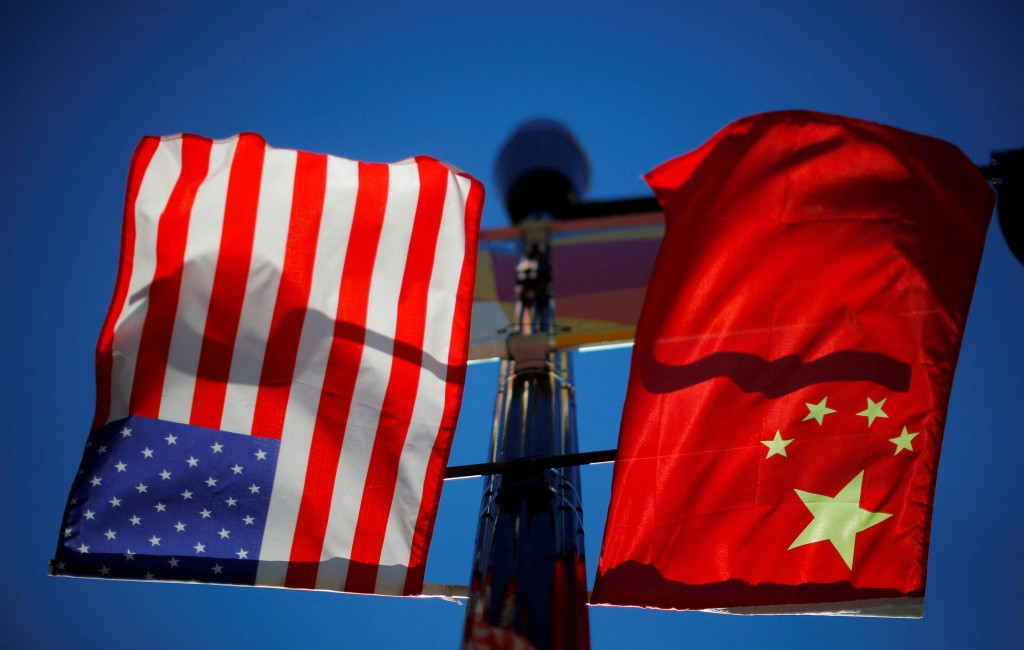China has declined a US invitation for a meeting in Singapore between Secretary of Defense Lloyd Austin and his Chinese counterpart, Li Shangfu.
Beijing’s foreign ministry on Tuesday blamed the United States for its decision, claiming Washington was “well aware” of the reasons behind the lack of military communication.
“The US side should … immediately correct its wrong practices, show sincerity, and create the necessary atmosphere and conditions for dialogue and communication between the two militaries,” foreign ministry spokesperson Mao Ning told reporters at a briefing.
Pentagon spokesman Brigadier-General Pat Ryder said in a statement on Monday the People’s Republic of China (PRC) “declined our early May invitation” for the two military chiefs to meet in Singapore.
“The PRC’s concerning unwillingness to engage in meaningful military-to-military discussions will not diminish [the defence department’s] commitment to seeking open lines of communication with the People’s Liberation Army,” Ryder added.
Last week, White House spokesman John Kirby said there were discussions under way to initiate talks between Austin and his Chinese counterpart, who was named defence minister in March.
terpart will fray regional nerves even further,” Storey told the Reuters news agency.
Austin and Li will both be in Singapore for the Shangri-La Dialogue, an annual security summit which is due to start on Friday. He met Li’s predecessor Wei Fenghe on the sidelines of the event last year.
Chinese officials have yet to confirm the decision, but tensions have soared this year especially over an alleged Chinese spy balloon that was shot down by a US warplane after crossing into US airspace.
Li has also been subject to US sanctions since 2018 over the purchase of combat aircraft and equipment from Russia’s main arms exporter, Rosoboronexport.
Li, who is due to arrive in Singapore on Wednesday, also sits on the Central Military Commission, China’s top defence body that is led by President Xi Jinping.
Citing the defence ministry, China’s state media said he would deliver a speech on China’s new security initiative and hold some bilateral meetings with “relevant” countries.
Austin is travelling first to Japan where he will hold talks with his Japanese counterpart Yasukazu Hamada before visiting US troops stationed in the country.
He will then fly to Singapore where he will address the summit on Saturday morning, and “meet with key leaders to advance US defence partnerships across the region in support of our shared vision for a free and open Indo-Pacific, anchored in ASEAN centrality,” according to the Pentagon, referring to the Association of Southeast Asian Nations, an economic and political coalition of 10 member states in Southeast Asia.
After Singapore, Austin will travel to India and then to France where he will join events commemorating the 79th anniversary of D-Day.

